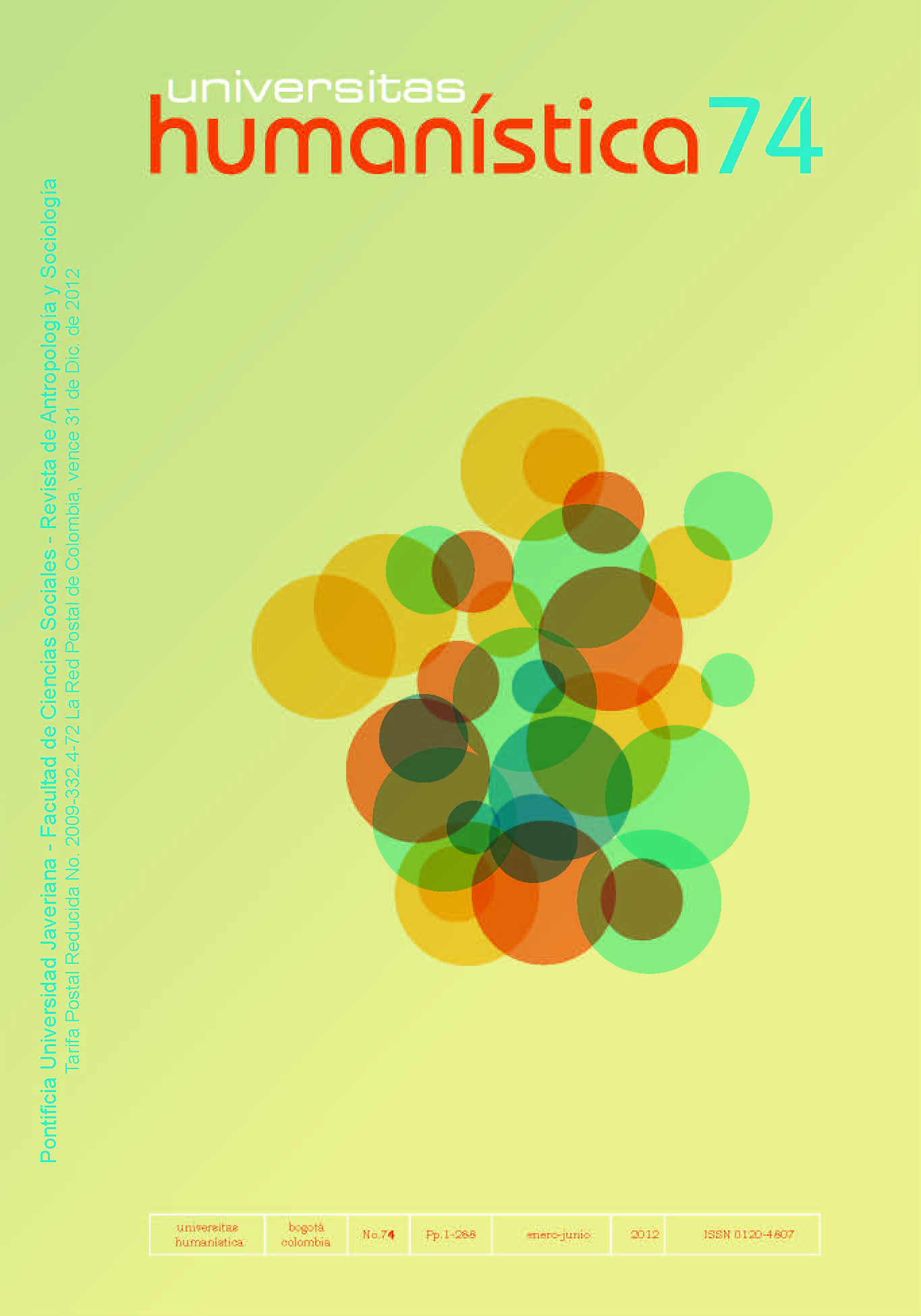Abstract
The recent diffusion and popularity of qualitative method in Social Sciences makes the reconstruction of its history necessary, and suggests it is crucial to permanently review its epistemological precepts, highlight critical remarks and point out more efficient and replicable manners of processing the diverse sorts of information gathered from the research processes. Those actions are inherent to the process of reflexivity, which belongs to this way of conceiving the human and the social world. We assume part of the aforementioned requests and present the contributions to elucidate and rigorously support this not-so-new approach, which regards people (from their biographies and their cultural-political-social and economic contexts) as sense builders and capable beings to understand their own life conditions. The inter-subjective exchange with researchers and the comprehension and interpretation of diverse worlds and social practices allows us to construct or redefine theories
This journal provides immediate open access to its content on the principle that making research freely available to the public, encourages greater global exchange of knowledge.
The journal Universitas Humanística is registered under a Creative Commons Attribution 4.0 International Public License. Thus, this work may be reproduced, distributed, and publicly shared in digital format, as long as the names of the authors and Pontificia Universidad Javeriana are acknowledged. Others are allowed to quote, adapt, transform, auto-archive, republish, and create based on this material, for any purpose (even commercial ones), provided the authorship is duly acknowledged, a link to the original work is provided, and it is specified if changes have been made. Pontificia Universidad Javeriana does not hold the rights of published works and the authors are solely responsible for the contents of their works; they keep the moral, intellectual, privacy, and publicity rights.
Approving the intervention of the work (review, copy-editing, translation, layout) and the following outreach, are granted through an use license and not through an assignment of rights. This means the journal and Pontificia Universidad Javeriana cannot be held responsible for any ethical malpractice by the authors. As a consequence of the protection granted by the use license, the journal is not required to publish recantations or modify information already published, unless the errata stems from the editorial management process. Publishing contents in this journal does not generate royalties for contributors.


